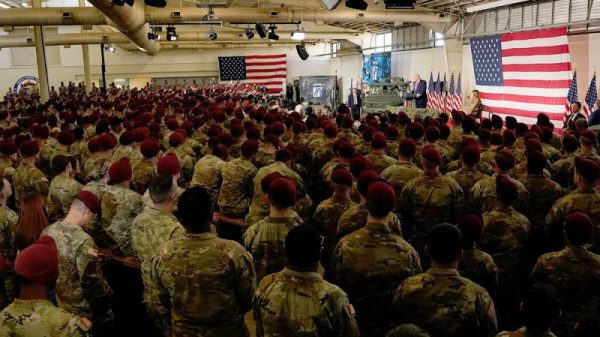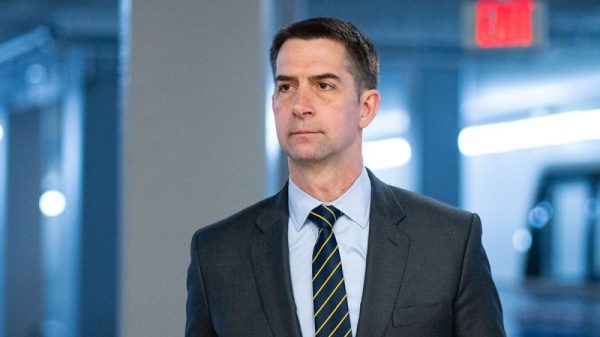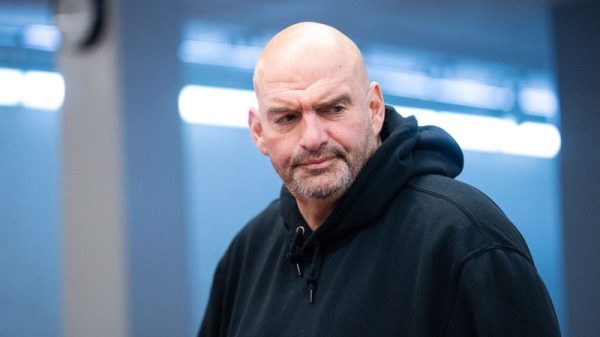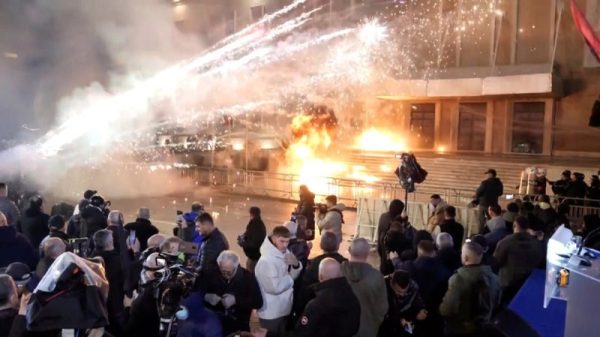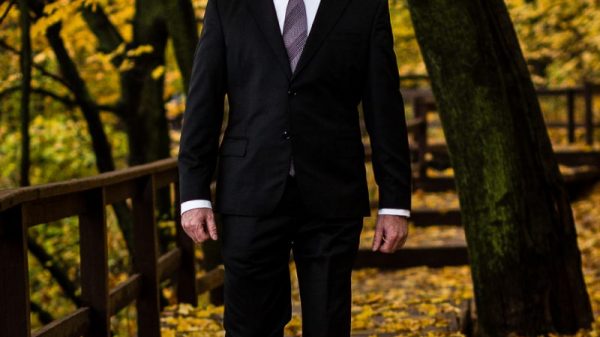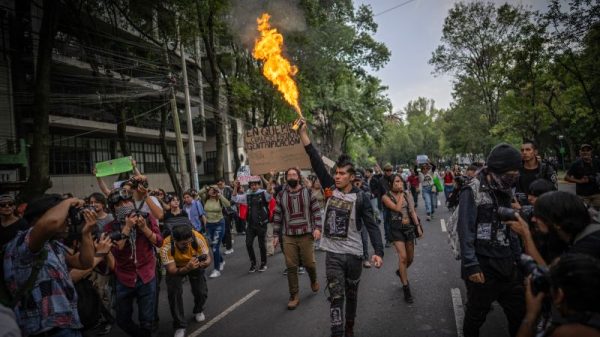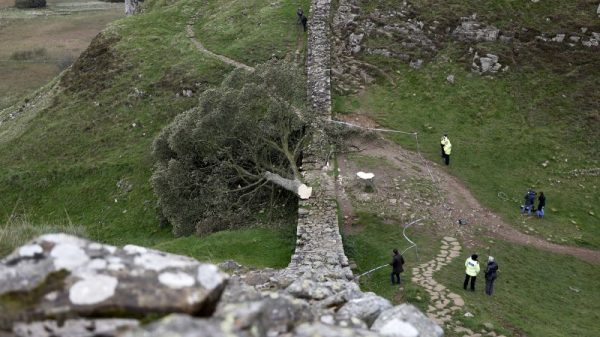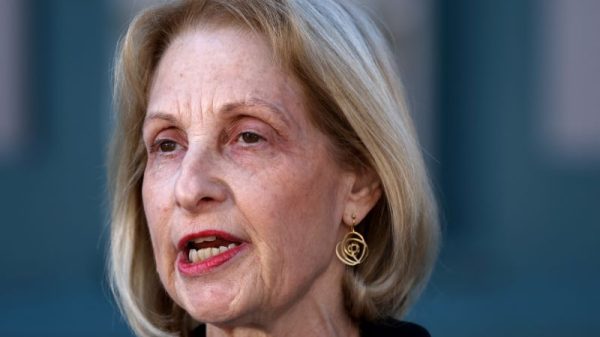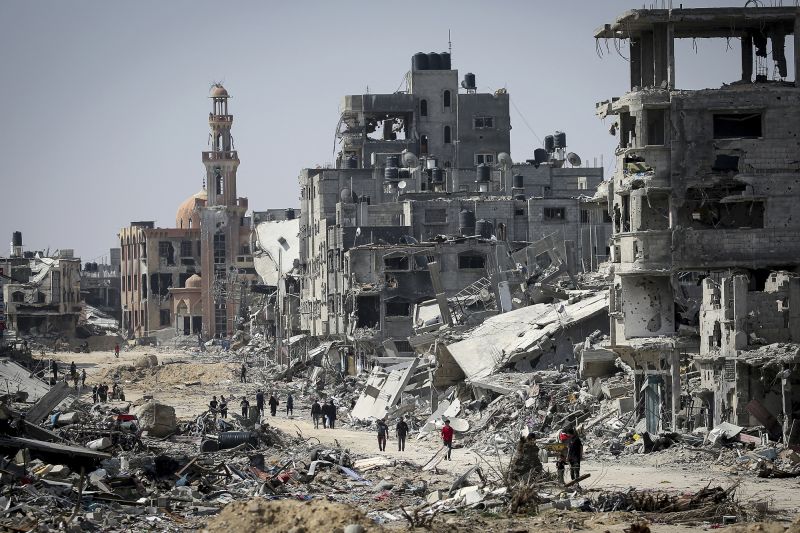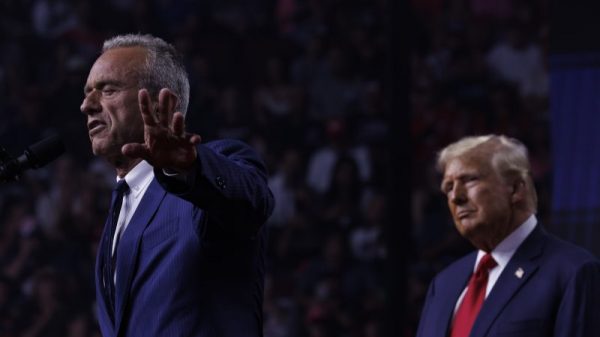Every day for two months, Michael Ofer Ziv spent hours watching grainy, black-and-white footage of the Gaza Strip from a tiny room across the border.
As an operations commander, he was tracking Israeli forces inside Gaza and approving airstrikes.
Every day, he said, his unit had a certain quota to fill.
One by one, buildings blew up on his screen like a hypnotic reel of destruction.
At first, it was easy to forget that those images were real, and not just a video game playing on a screen. But the more he stepped out of that war room, the more he was exposed to the reality of those strikes.
One minute, he was looking at soundless footage of airstrikes he ordered; the next, he was on his phone watching unfiltered videos of Palestinians shrieking, carrying their loved ones who had been killed because of the Israeli military.
“This is happening in real life and has an actual effect on those people… at some point, your brain kind of cannot disconnect those two things anymore,” he said.
Once he connected those dots, there was no going back.
Like thousands of Israeli reservists, Ofer Ziv was called up to war following the Hamas-led attacks on Israel on October 7, in which at least 1,200 people were killed and more than 250 others taken hostage, Israeli authorities said. He knew the army had to respond but was concerned about what that response might look like because of how widespread the language of revenge was.
His concerns were soon validated, he said.
In May, he and 40 other reservists signed an open letter declaring they would refuse to serve Israel’s war in Gaza again after the IDF launched a military offensive in Rafah, southern Gaza, where many of the civilians displaced by the conflict had fled.
They readily acknowledge that they represent a tiny minority of reservists who oppose the war, but they hope that their decision to take a public stand will spark a debate in Israeli society and put pressure on the government to prioritize a ceasefire deal.
“If we are deciding to go into Rafah instead of making a deal, I felt like it was a statement of us saying we care more about killing Palestinians and destroying Gaza than we (do) about actually finishing this, actually having a long-term solution, actually releasing the hostages,” Ofer Ziv said.
His conscience just wouldn’t allow him to continue. He couldn’t fathom the colossal number of casualties inflicted upon Palestinian civilians.
“There is also a decision here to not be as careful as we can be, or even be careless and disregard human life,” he said.
“I can count on my hand the amount of times we were told we are not allowed to shoot at something… the main vibe was we shoot first, ask questions later,” he added.
“The IDF does not aim to inflict excessive damage to civilian infrastructure and strikes exclusively on the grounds of military necessity and in strict accordance with international law,” it said.
‘Going to a very bad place’
And while Ofer Ziv was watching Gaza’s destruction from behind a screen, Yuval Green was witnessing it happen in real life.
Green served as a combat medic in Gaza between October and December last year. But a day before he was recruited for reserve duty, he was planning on leaving the army, he says, objecting to its treatment of Palestinians and the occupation of the West Bank.
The October 7 attacks made him delay his decision for the sake of his comrades.
Green said he felt his role was to protect the civilians who had been attacked on October 7 and thought the Israeli military would go in and target Hamas. He didn’t expect it to go on for as long as it did.
Just like Ofer Ziv, he was concerned before the war began about where it might go, because of how “furious” Israelis were.
“Ideas like killing the entire population of Gaza suddenly became almost normal… suddenly hearing our commanders say that we’re not going to be merciful this time… I felt like we were going to a very bad place,” he said.
Green recalled the immeasurable level of destruction he observed. While some commanders would order the demolition of houses for military purposes, most times it was because “they want to ruin Palestinian houses and they think that’s the right thing to do,” he said.
“They don’t really care about the lives of Palestinians… we’ve inflicted so much damage upon Gaza, something that would be beyond the imagination of any reasonable person… I can’t imagine how people would go back to living there,” he continued.
The final blow for him was when his commander ordered their platoon to burn down a house in the city of Khan Younis, southern Gaza, that he was sure would be rehabilitated after the war.
“I was trying to understand the reasons for that, if there is any military reason… and the commander just didn’t have good enough answers,” he said.
The next day, he hopped into a vehicle making a supply run out of Gaza, and never came back.
‘Losing so much’
Reservists who refuse to serve again, like Ofer Ziv and Green, could face serious consequences.
Disobeying an order and refusing to serve is both a disciplinary and criminal offense, according to Israeli human rights lawyer Michael Sfard.
In normal circumstances, reservists are not called up for more than a month at a time, so they are usually not tried consecutive times, he added.
“What it really boils down to is who your commander is and how they will react to your decision,” Sfard, who is a former refuser himself, said.
“There is a very delicate balance here between two interests the army has. One is, punish severely those who refuse to serve to deter others from doing the same. The other is not to give too much publicity to those who are not ready to serve, because then it causes others to follow them too.”
Despite the risks, both Green and Ofer Ziv are committed to their decision.
Green lamented the way Israel’s military culture has dominated the public sphere, making anyone who criticizes the war or refuses to serve be viewed as a traitor.
Those in his platoon have heard him speak out against the war and the military’s conduct since he’s left Gaza. Some respect his opinion, even if they disagree with it. Others have said he is “darkening their names,” he said.
“I felt this was a really stupid idea. How can I harm your names by saying the truth? You harmed your name yourself by doing the type of things that were done there,” he said.
Even though he risked his life in Gaza, he is dumbfounded by the fact that his friends and family are more concerned about his safety now he’s spoken out than they were back then.
“We could end the war today. Israel as the stronger player… could choose to do it and is choosing not to for several reasons… we’re losing so much, the Palestinians are losing so much, for every minute it’s not being signed,” he said.
Similarly, Ofer Ziv thinks bringing the issue of refusing military service into the public debate might “wake people up” and let them know that it’s an option not to participate.
“We have so many systems that are built so we won’t have to question the position we are in… I do prefer to go to jail than to participate in what we’re doing in Gaza, but I prefer to do neither if it’s possible.”











